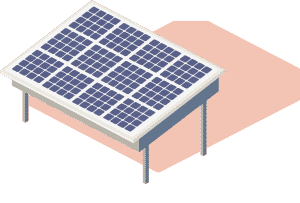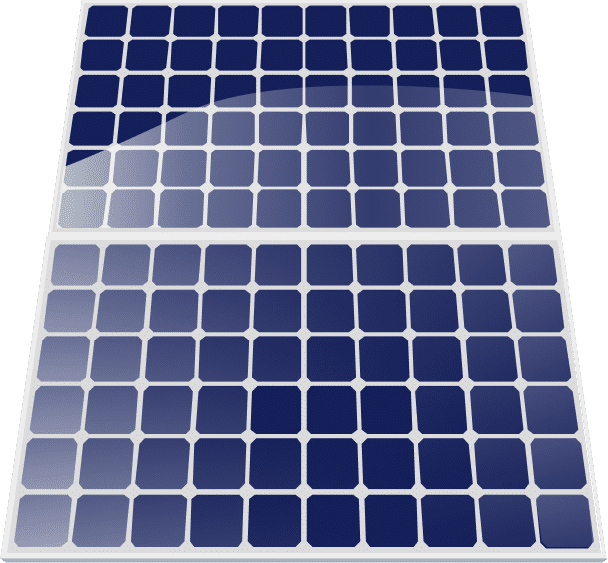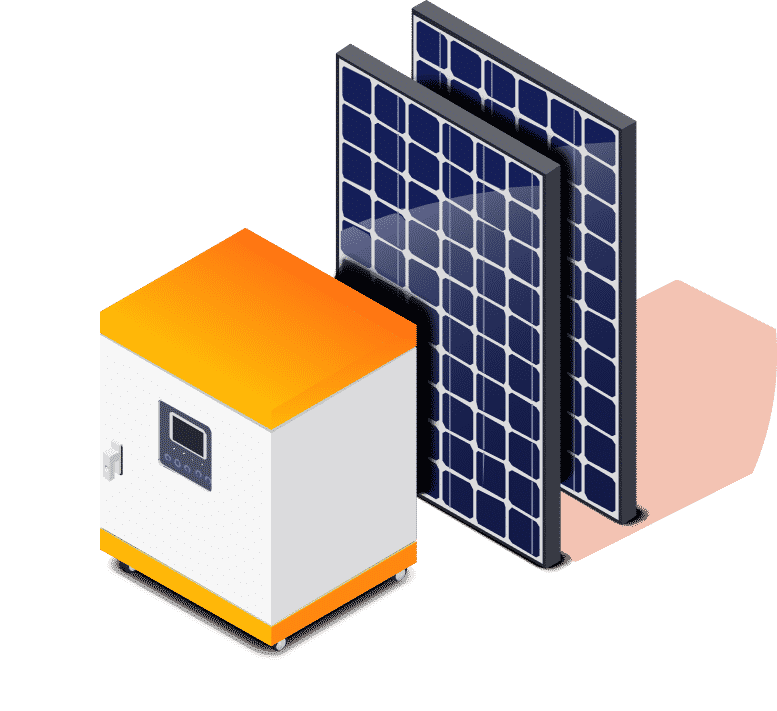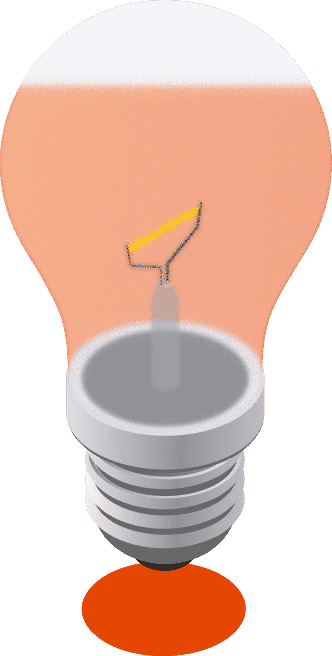Solar Financing

Solar Financing
Solar panels are an excellent way to save money, decrease the carbon footprint of your home, and improve property value. After you have decided the solar panel is for your needs, you’ll have to determine how to pay them. We’ll guide you on how to pay in cash, sign a lease or apply for a personal loan.
What is a Solar panel loan?
Solar panels harness sun’s energy to produce electricity. Solar panels are used on homes by people for two primary reasons: to reduce the cost of electricity and help reduce greenhouse gasses.
Solar panel financing allows homeowners to get the money they need to buy a solar panel system. Solar panel loans permit homeowners to finance the installation of solar panels over many years instead of having to fund the installation out of their pockets.
Savings
Solar panels can save an average American family more than \$1,400 per year in electricity bills. Although homeowners can save significant cost, they will have to pay an initial cost of about $2,000. This is where a loan from the Texas Solar Group can help. The average cost of installing solar panels for a house of an average size in the U.S. is between $11,144 to $14,696 as per Texas Solar Group. Costs for solar equipment can be reduced by tax incentive programs, which we’ll discuss in the future.
Personal credit
Check out Texas Solar Group, the most reliable personal loans and rates for financing solar panels now. You can also find information about credit requirements as well as loans, loan terms, and other details from Texas Solar Group, our preferred personal loan lender.
A personal loan can be a great alternative if you’re searching for a loan to solar. Personal loans are available in many sizes and come with attractive conditions and low rates to borrowers with good credit.
There are two types: secured and unsecured personal loans. Unsecured personal loans don’t require collateral. The secured loans will require collateral. Secured loans tend to offer lower rates of interest and monthly payments because the lender is aware that you may not be able to make your monthly payments and they may sell your collateral to recover their loss.
How do you pay for going solar?
Your income, credit score, area and the length of time your solar panel will be worth it all determine the most suitable financing method. For reliable and expert advice on financing solar panels, consult with an expert. Each method has advantages and disadvantages. Each one will impact on the amount you will save and also how long it will take to pay solar panels off.
While solar leases might have been popular in the past, and might have been a good option for neighbors, today you could find better financing options. There are numerous options within Texas Solar Group for zero down solar financing.
There are two types of financing options for residential solar: Direct Ownership or the Third Party Ownership.


What credit score do I need to get a personal loan for solar panels?
Texas Solar Group will determine the minimum credit score needed for personal loans. In order to be approved your credit score must be at least 580. A credit score of 580 or higher is more likely to be approved for the most favorable rates and terms of repayment.
Apply for personal loans for those who have bad credit, if you don’t have the credit score you require but still want to finance solar panels. Your credit score will reduce the chances of you being denied a loan. You’ll be able make your monthly payments for the loan you select without worrying over your score.
If you have great credit personal loans are readily available at extremely attractive interest rates. The low interest rates can help you save thousands of dollars during your loan term. A small amount of change of just 1% could be a significant saving. To maximize your savings, you should look for personal loans with low interest rates that are available.
Other loans for solar panel financing options
Government loan
Power Saver is a Federal Housing Administration program that helps homeowners save energy through loans that cover a variety of technology. Two options are offered in this program that offer adequate loans that can completely finance financing for solar panels The program includes the Power Saver Energy Rehab 203(k) loan or Power Saver Second Mortgage. In order to be eligible for this type of loan the borrowers must meet certain qualifications, including the minimum credit score (660) and the ratio of debt to income of 45 percent.
- The Power Saver Second Mortgage lets homeowners get with up to \$25,000 of second mortgages to boost efficiency in energy by installing solar panels. Homeowners cannot have any second mortgage or home equity loan or second lien to be eligible to participate in this scheme. Participants are able to repay the loan for up to 20 years.
- If you are buying the home or refinancing it and wants add the costs of upgrades to the loan The 203(k) loan is available. The borrower can repay the loan over the entire term of the mortgage.
These loans are well-known because they provide the lowest interest rates than personal loans but the repayment time is longer. FHA is very specific about how much you can afford, so you’ll likely stick to your budget and only buy what you need.
FHA financing limitations apply. This means that you have to stay below the spending limit. It could be necessary to replace the solar panels when they are financed by solar panels over 20 years. Texas Solar Group is familiar with these programs. FHA regulations must also be followed. This can delay the loan process.

Home equity loan
Home equity loans let you to draw money from your equity to finance renewable energy. A bank typically lends up to 85 percent of your equity to fund projects similar to this. If your home’s value is at $300,000. However, you are owed only $200,000, then you have $100,000 equity. The bank will accept you for up to $85,000. The home equity loans for solar panel installation allows you to obtain a competitive interest rate because your property can be used as collateral. The bank could also seize your home if you fail on your payments.
Solar leasing
Technically, this doesn’t need you to purchase an array of solar panels. This program lets you rent (or rent) solar panels. Solar panel companies provide leasing plans that do not require a down amount. You immediately benefit from the savings in energy as Texas Solar Group installs your panels. The panels will not qualify for tax credits , or the rights to own the panels. Additionally, you will be unable to benefit from tax incentives and solar rebates.
Taking Out a Solar Loan
You can take out a loan from Texas Solar Group if you do not have enough money to purchase your system. The solar financing company provides flexible loan payment options for those who have to put an initial deposit of cash and pay off the loan promptly, have bad credit, or wish to save money right away. A solar loan usually requires no down payment, which makes them attractive and practical.
Texas Solar Group will charge you an additional fee to finance your system just like a home mortgage or auto loan service. The amount you pay for financing your system will vary according to your credit score and length of your loan.
The interest rate is an additional cost element to be considered when looking at a solar loan. Annual percentage rates (APR) is the price of additional monthly payments. It comprises both the interest rate and other charges. Your monthly payments will increase due to the fixed APR. Be sure to research all options before choosing the most favorable APR for financing solar projects.
Except for PACE financing, obtaining loans will require a credit check. The minimum score for credit is 640. is required to qualify for a solar loan.
Other than a high credit score, you will require the following documents to be eligible for the loan offered by an solar company:
- To calculate the amount you can borrow, you will have to create your own system.
- A loan application
- Approval from your loan provider
Texas Solar Group allows you to apply for a loan to finance your project after you have received and selected the bid of a solar contractor.
Types of Solar Panel Loans
Re-amortizing a term loan
We recommend using the Tax Credit to re-amortize your loan when you receive it. Remortization will lower your monthly payments for the remainder of your loan duration.
Similar to cash option
This will allow you to make your monthly payments on 70 percent of the loan’s principal for the initial 12-18 month. This will allow you to pay 30 percent of the loan principal with the money that you have saved from your tax credit over this next period of grace, which is usually 12 months. The homeowner can get a 30% discount on their first monthly payment with Same as Cash.
Combo Loans
A Combo Loan comprises two parts.
A Bridge Loan. The tax credit of 30% towards your tax-free income for the year, since you bought your solar system through the loan. A combination loan gives you between 12 and 18 months to pay back 30 percent of the loan’s principal. Your federal and state tax credit can help repay the initial portion of your loan. Also, you’ll be able to enjoy lower interest rates for the remainder of the loan’s term. You have to be able to pay the initial 30% of your loan in accordance with your Bridge Loan terms and the tax credits. You may need to pay from your pockets or at high interest rates if your income taxes are higher than your tax credit.
A Net Solar Term Loan. The remaining period of the loan will allow you to repay 70 percent on the amount of principal.
Direct Ownership: Buying Solar Panels
Going solar with cash
Cash is the best! Cash payments are the best way to save money and get the highest return from your investments. This is the only way to receive solar energy without paying interest.
As soon as your solar system is switched on, it will produce free energy, and also save you money. Depending on the size and kind of solar panels you choose the typical payback period for rooftop solar across the United States can take between 4-8 years.
It is easy to buy solar power plants with cash, as there are no third-party solar finance companies.
Texas Solar Group offers 4 advances on cash purchases:
- “Down payment/deposit” The typical amount is $1,000. is due when your website visit is completed
- “Due on Approval of Site Designs” - $2,000 due after you have gotten your “final design’ of the site from the installer
- “Due upon the delivery of materials” 60% of the amount is due upon the day equipment is delivered or on the first day following the installation
- “Due on the day of the final building inspection” The balance due when your project passes city building inspection.
The benefits of owning solar
Your solar system will offer you greater savings throughout the duration of your existence.
While your lifetime savings may differ based on the amount of energy you consume and your zip code having your own solar system is the best option for those who are looking to go solar. Renting from a third-party system will result in greater saving if it is owned by your system.
Solar ownership directly increases your home's value
As per the U.S. Department of Energy’s Lawrence Berkeley Labs, home-buyers will pay an extra \$4/Watt to install solar panels. Your home’s worth is determined by solar panels that will provide free electricity for many years. You are still able to sell your house even though you’re in the process of paying off the loan. You could transfer the loan to the tenant, or repay the remainder of the loan through the sale.
The Solar Investment Tax Credit is available to you
You must satisfy the following conditions to be eligible for tax credit:
- You can purchase your equipment by using a credit card or cash
- You can pay income taxes that are greater than 30% of the system cost
It’s as simple as that! This is a step-by procedure guide that will help you apply for the Federal Solar Investment Tax Credit. The tax credit equals 30 percent of the amount of the solar system. The total credit is taken from your personal income taxes in the year your system is first put into production. What happens if you have lower income taxes than your tax credit? It is possible that the Solar Investment Tax Credit will be carried over to the following year if required, to a maximum of five years.
Solar Ownership Cons
One of the drawbacks of owning your system, however you are responsible for maintenance of the panel
Maintenance is simple due to the ease that solar panels offer. Solar systems do not have moving parts, and therefore requires little or any maintenance. While your solar panel may need to be cleaned when dirt or dust accumulates the panels that are tilted can be easily cleaned by regular rain. It will be your responsibility for finding repairs if your panels are damaged. Texas Solar Group offers a solid warranty that will protect your against all unpredictable harms.
You must be aware of your energy production, if you own the system. Every month, check your electric bill as well as solar power production. If you don’t check your system regularly the system may be unnoticed for months.
What to look for when financing solar panels
It is possible that you are compelled to choose one type of lender to finance solar panels. It is our goal to help Texas Solar Group help you in completing the purchase. An interest differential of just one percent can make a difference in saving hundreds of dollars in the lifetime of your solar loan.
Here are some points to think about when financing solar.
- Low interest rates. Solar panels will pay off faster if take out a loan with a lower cost.
- Repayment terms that are appealing. Personal loan repayment terms that are appealing. Your monthly payments may be excessive if the duration of the repayment is too long. You will pay more interest if the period will be too lengthy. The shortest loan term is the one you’re able to afford.
- Perks. Solar power financing benefits which are most beneficial include a lower interest rate on autopay, quick access online to your loan details, and protection from unemployment.
Is solar panel financing right for me?
After you sign the solar power contract finance through Texas Solar Group, you will be eligible for an income tax credit from the federal government. You may be eligible for tax incentives offered by the local or state government, based on your location.
Federal solar tax credit, also referred to as an Investment credit (ITC) provides 26% deductibility from federal taxes to cover the price of your solar panel. The incentive will decrease to 22% by 2023 and it expires in 2024 for residential installations. If you’ve got installed a $12,000 system this year, the tax credit from the federal government is $3120 ($12,000 multiplied by 0.26 = 3,120).
It’s a significant decision to fund the purchase. Consider your monthly budget, and how much you will reduce the total cost to determine if a solar loan is right for you. You can use pencil and paper to calculate the price of the loan, after considering tax credits as well as lower utility bills. There aren’t many home improvement projects that are environmentally friendly, reduce our dependence on fossil fuels , and boost the property’s value. It is worth looking into solar power financing.
GET YOUR FREE PROPOSAL IN A FEW EASY STEPS
Fill out the form and our sales consultant will contact you! Once you’ve had your initial consultation, you’ll begin your solar journey.
